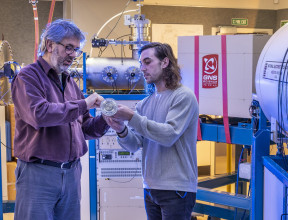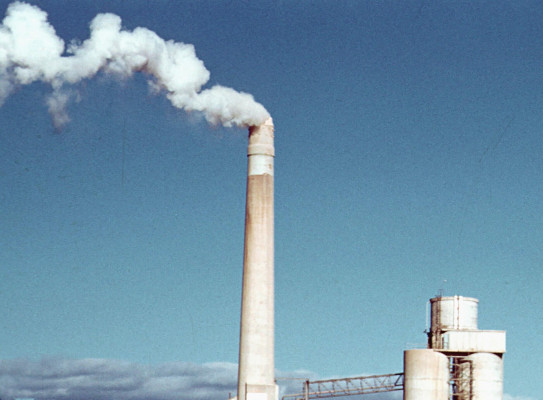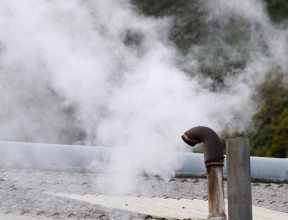
Carbon Capture and Storage

Carbon capture and storage is a process that captures carbon dioxide before it can be released to the atmosphere and then securely stores it in a concentrated form deep underground.
Capturing emissions
The immediate goal is to reduce greenhouse gas emissions typically associated with the burning of fossil fuels for energy. Carbon capture and storage also offers future opportunities for the capture of biofuel emissions (resulting in ‘negative’ emissions) and for the direct capture of CO2 from the atmosphere.
Our Expertise
GNS Science has a team of experienced geologists, geochemists, geophysicists, data modellers and risk assessors in New Zealand who can share research and advice on the underground storage of CO2 and the ongoing monitoring of such facilities.
GNS Science has a team of 15 staff with experience in CO2 storage. We specialise in:
- Assessing how much CO2 can be stored in a particular region or reservoir, what chemical reactions might occur with the reservoir rocks and what the geological risks and their magnitudes might be
- Determining and designing appropriate monitoring techniques to identify potential for leakage
- Improving public awareness and addressing community concerns associated with carbon capture and storage
We have experience in New Zealand, Australia, South Korea and Canada and have led and contributed to specialist reports for the International Energy Agency’s Greenhouse Gas Programme(external link) (IEA-GHG).

